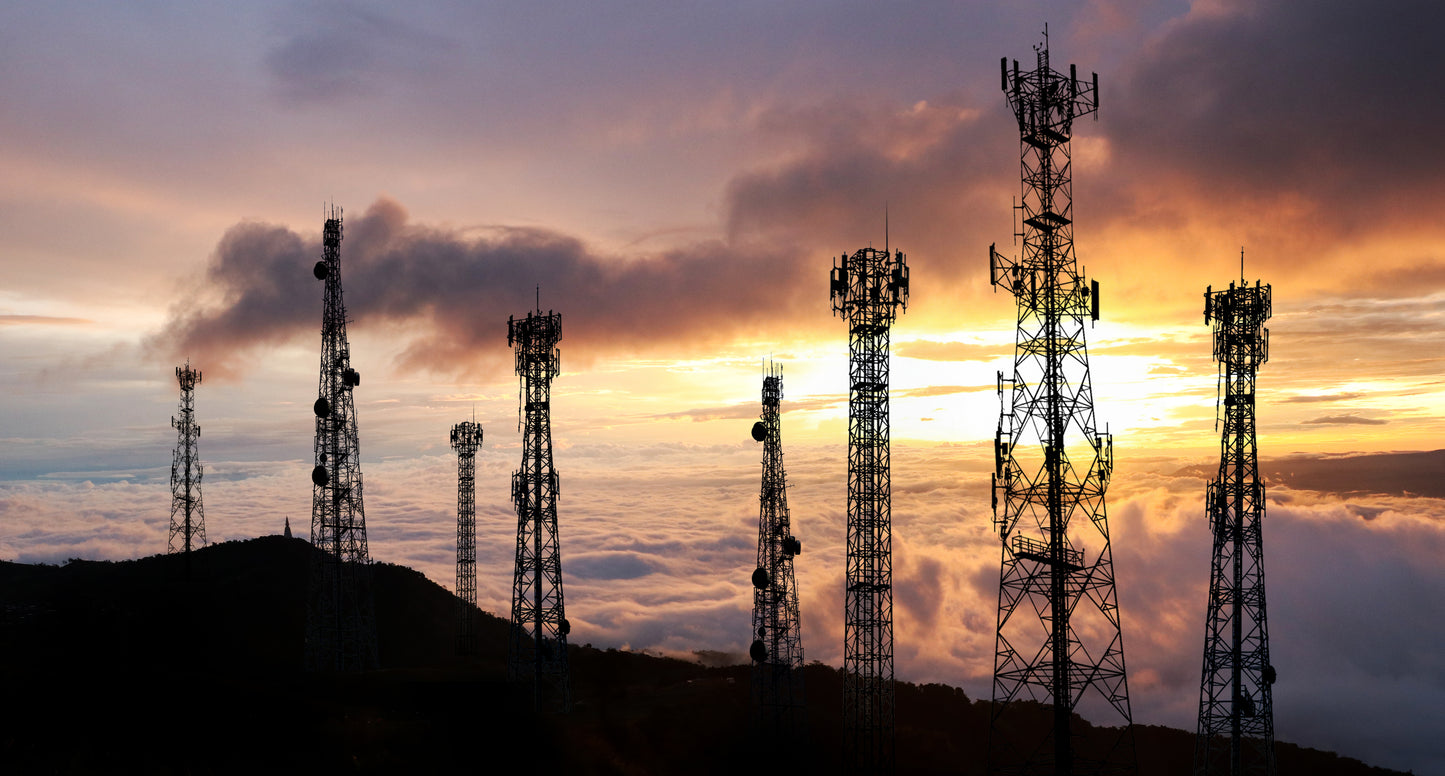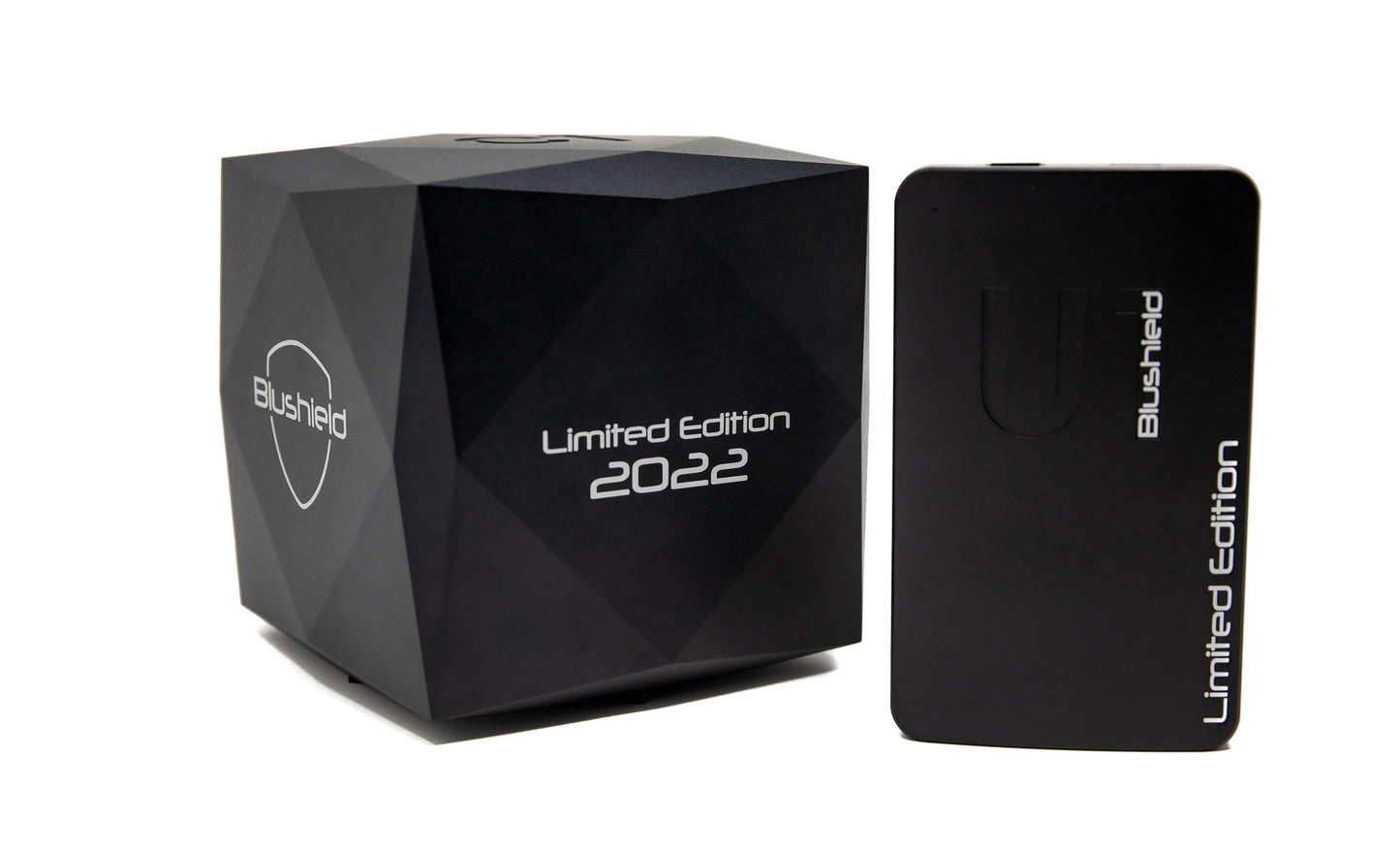
If you have been following our several years long coverage of the ongoing (and quite exhausting) power struggle saga of the FCC and telecoms vehemently denying all reported and documented harms of wireless radiation exposure, and trying to push forward with ever more cell tower and antenna installations in spite of the rapidly accumulating opposition, here is the next segment for you.
In one of our most recent articles on this subject, we reported on the U.S. Court of Appeals mandamus order against the FCC, demanding that they properly address the many reports of harm from wireless radiation that were ignored when the FCC recently decided not to reassess and change their 1996 wireless exposure guidelines, which are grossly outdated and inadequate. In the light of that verdict, it really made us wonder what else the devious and conniving FCC and telecoms could possibly do to avoid accountability, as it really seemed like they had been backed into a corner!
It’s looking like their next move on the chess board has been made, this time in the form of a proposed Federal bill, named the American Broadband Deployment Act of 2023, or H.R. 3557.
As with all deceptive legalese, the wording of this bill makes it sound like a helpful and generous move on the part of the U.S. Government, using the trendy catchphrases “bridging the gap” and “fixing the digital divide” so that low income, rural residents will have access to the same online services and opportunities as higher income, urban folks.
If you think this sounds good and reasonable, you need to understand why wireless will NEVER properly address the digital divide, and how the FCC actually created this divide in the first place, which we explain in this article.
Their stated intention to “streamline” Federal, state and local permitting and regulatory reviews to “expedite” the deployment of communications facilities is some pretty major red flag wording, in our estimation.
What this bill is actually seeking to do is remove local municipal opposition to the placement of new cell towers, by eliminating moratoriums (temporary suspensions of activity due to concerns or potential issues), and setting a strict limit on the time that a local municipality is allowed to take to respond to applications for new cell towers. If an application is not approved or denied within this very short timeline, it would be automatically approved with no permit required, and with no public safety protection rules. If the local government denies the application, this bill would give the FCC the power to review and contest application denials, rather than the local federal district courts who are empathetic to the voices of their local community.
The bill would remove local zoning laws, allowing telecoms to build cell towers in neighborhoods and close to schools and playgrounds. It would also remove environmental and historic preservation reviews as potential road blocks to cell tower placement. This may result in new cell towers placed in protected historic areas and natural areas with abundant wildlife diversity, while the community is rendered helpless to protect their local treasures. This is clearly in response to the looming September deadline that requires the FCC to consult with NEPA (the National Environmental Protection Agency) on the environmental impact of wireless radiation, which we covered more about here.
This bill only grants more freedom to the telecoms and more restrictions on local and state decision making, while imposing zero obligations on the telecoms. Although the bill states an intention to “serve rural areas”, it does not present any new rules requiring that the telecoms do anything of the sort. If this bill passed, these large, incredibly rich and powerful corporations would have even more legal allowance to do whatever they want, and with our own tax dollars, of course.
All freedom, no responsibility!
This kind of bill would completely upend many open court cases between the public and the telecoms, including the recent case we wrote about in Pittsfield, Massachusetts, regarding a cell tower installed in a neighborhood that made 17 residents sick and unable to continue living in their houses. This bill would silence their efforts, and they would suddenly no longer have a valid case in the court of law.
It may also make the FCC’s court-ordered review of documented harm from wireless radiation totally irrelevant legally. They may be able to say whatever they want, address the reports of harm minimally, and still get away with “expediting” more and more cell tower and small cell antenna placements, for the sake of “progress”.
Essentially, if this bill passes in the U.S. House and Senate, the implications are terrible and widespread.
Help us #KillHR3557 by telling your elected officials to oppose H.R. 3557, the American Broadband Deployment Act of 2023.
Blushield joins Kansans For Health Freedom event next month!
The Blushield USA team will be attending an exciting event coming up next month in Kansas, focused on health freedom and featuring speakers from the Children’s Health Defense organization (including Robert F. Kennedy, Jr.), who are leading the fight against unsafe wireless radiation projects and unchecked cell tower placements.
Blushield is supporting this event at the highest sponsorship level, and even better, we will be physically present during the entire event, with a booth set up with our products and information. We will be doing several product giveaways during the event, so if you attend, you will have a chance to win one of several Blushield home and portable devices!
Plus, this is a great opportunity to meet our team in person, which would be so much fun for us!
The event is August 25th and 26th, 2023, in Olathe, Kansas. Find out more details here:
Freedom Revival in the Heartland
References:
- Children’s Health Defense: “Take Action to Prevent the Next Wireless Invasion – Stop the American Broadband Deployment Act of 2023 from Being Enacted” – https://childrenshealthdefense.org/community-forum/take-action-to-prevent-the-next-wireless-invasion
- Americans for Responsible Technology: “Stop Big Government Takeover of Local Control” – https://www.americansforresponsibletech.org/stop3557
- Energycommerce.house.gov: “E&C Advances Seven Bills to Close the Digital Divide and Improve American Leadership in Wireless Communications” – https://energycommerce.house.gov/posts/e-and-c-advances-seven-bills-to-close-the-digital-divide-and-improve-american-leadership-in-wireless-communications
- Congress.gov: “H.R.3557 - American Broadband Deployment Act of 2023” – https://www.congress.gov/bill/118th-congress/house-bill/3557
- “US House Committee Advances Bill to Gut Local Zoning and Community Input, Advance Corporate Interests” – https://conduitstreet.mdcounties.org/2023/05/31/us-house-committee-advances-bill-to-gut-local-zoning-and-community-input-advance-corporate-interests/


